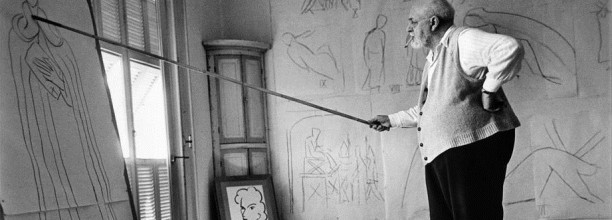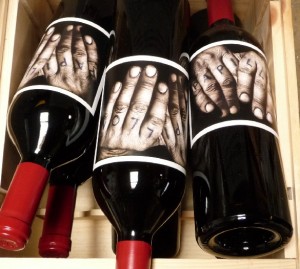
Many colleagues today bemoan that we are losing our true winemaking artisans to a kind of oenological ‘industrial revolution’, where wines are made in labs, by recipe, to satisfy ‘target consumers’, ‘market profiles’ and ‘Wine Critics’ (gate-keepers as they are referred to by trade insiders). The result being that all we may end up with is a universal mouth-wash so bland and boring as to inspire epitaphs instead of poetry.
The past fifteen years have seen a global transformation in the international wine market: walk into just about any wine shop -in virtually any country- and you will get a sense of the true globalization of the industry; racks and stacks of wines from the four corners of the planet are each given conspicuous floor-space.
New World producers have been the main beneficiaries of this wine label globe-trotting; forging reputations built largely around value-for-money, consistency, varietal labeling and lower-end prices. The commercial impact of this global phenomenon has seen the rise and rise of the large wine company, huge wine empires with massive and far-reaching global operations and wineries that are known within the industry as wine refineries or tank farms.
Today over 80 percent of all of Australia’s wine is produced by just four wine companies, 70 percent of all of California’s wine is produced by just five wineries, consultant Michel Rolland is the winemaker at over 200 wineries.
Mechanical technology in the vineyards means that harvest costs are kept low and competitive, new technology in the wineries means that winemakers can /manipulate/ wines like never before. Consistency and low prices certainly have their place however; is this all a bit of a dumbing down of the wine industry?
Are we, (the consumer) victors or victims in this globalized market? Are we sacrificing some of the vinous equivalent to virtuoso jazz-improv for more easy-listening, instead of discovering world-music are we being force-fed an increasing diet of elevator music?

An *artisan* (from Italian: /artigiano/) is a skilled manual worker who hand crafts products. The term can also be used as an adjective to refer to the craft of hand making food products such as bread, wine and cheese.
Manufacture by hand and with hand tools imparts unique and individual qualities to artisanal products, in contrast to mass produced goods where every one of them is nearly identical /-wikipedia.org. The French call it terroir, an expression in a product that is unique because it consists of aspects and characteristics of its place, its soil, its climate, it producer. No two products can be alike because each is an expression of its own terroir.
The New World tends to call it Artisanal winemaking, wines from smaller producers that take a hands-on approach to grape-growing and winemaking. Winemakers who are trying to craft individual wines that have their own personalities and charm, wines that are as much about where they come from and how they were made as they are about who made them.
Curtis Marsh and I first collaborated in Melbourne, Australia as young upstarts in the wine industry over twenty years ago; together we would spend many hours waxing lyrical and philosophizing about the great wines of the world, many as we were seeing them for the first time in our lives.
Today, Curtis lives in Singapore and for me no trip to the city state is ever complete without us breaking bread and sharing wine. Curtis enunciates his passion for such wines superbly on the ‘Must-Have’ page of his inspirational website ‘thewanderingpalate.com’
“The Must-Have wines objective is to impassion consumers and stimulate a thirst for real wine. Unashamedly you will not find pedestrian, commercially orientated wines or wineries of industrial size.
The emphasis is on genuine artisan vignerons making wines that are highly expressive of their /terroir/ and have a tangible ‘sense of place’ encompassing the unique qualities of their region and micro-climate. Invariably these people will be dedicated to environmentally sustainable viticulture with an emphasis on organic and biodynamic principals and a no-compromise approach to all facets of winemaking.”
My own philosophy on wine appreciation is similar to philosophy on art, I can spend exciting minutes staring at great photography, it has its place but, I can get lost for hours in a single painting by the great impressionists. Give me the vinous equivalent of a Van Gogh, Monet or Matisse over a Canon, Olympus or Nikon.
